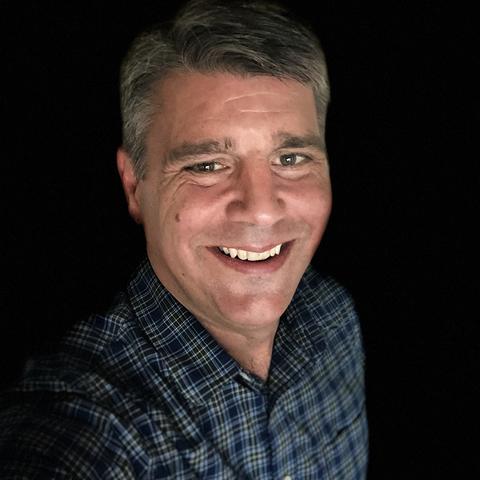Section Branding
Header Content
In Clash With White House, Fauci Says Science, Not Politics, Dictates COVID-19 Vaccine
Primary Content
The nation’s leading infectious disease doctor issued a strong rebuke of the White House on Thursday, saying he would not support political meddling in the rush to make a coronavirus vaccine available to the American public.
Dr. Anthony Fauci, the director of the National Institute of Allergy and Infectious Diseases, made his comment a day after President Donald Trump said the White House could override the Food and Drug Administration if the agency sought tougher guidelines for the vaccine.
“I would back the scientists,” Fauci said. “I would have to do that, as a scientist. And I would express that.”
Fauci spoke during a virtual roundtable discussion hosted by Emory University and moderated by CNN chief medical correspondent Dr. Sanjay Gupta, who is also a neurosurgeon. Emory Drs. Carlos del Rio and Colleen Kraft also participated in the discussion.
Fauci made clear his belief that science, not politics, should dictate decisions driving when the vaccine should be authorized for use.
He was pressed on the matter and asked about Trump’s comments of potentially overruling the FDA. “If it gets to that point,” Gupta asked, “would you put your hand up and say, ‘This is too risky.’?”
“I wouldn’t use that word,” Fauci said. “What I would say is that I rely very heavily on the decades of experience of the FDA scientists who say we should do this. And, therefore, I would have to lean heavily on their side and support them.”
The FDA is reportedly considering requiring companies working on a COVID-19 vaccine to follow at least half the trial participants for at least two months before an emergency use authorization could be issued. The move would be designed to monitor the safety of the vaccine, but would push the release date of any vaccine past the November election.
“If they (FDA) come out and say, ‘This is the way we should do it,’ I’ve got your back on that,” Fauci said.
On the subject of testing, which also came up, Kraft said she didn't anticipate home testing as an immediate development. Instead, she was focused on more realistic solutions in the short term.
"As a laboratory clinical, I believe (home testing is) a bit of an extreme goal," she said. "I believe there's going to be a middle ground where we can do rapid diagnostic testing.”
She mentioned that right now testing needs to be focused on helping people safely return to school and work.
The Thursday discussion was wide-ranging, touching on everything from people’s mistrust of government to death threats against the renowned NIAID director.
As recently as Wednesday, Fauci said, he had received a threat over his advocacy for a public health message to end the pandemic. “The enemy is the virus,” he said. “The enemy is not the public health community, and the public health measures are the gateway and roadway to opening up the economy. It’s not the obstacle.”
Del Rio said they were fighting a two-pronged pandemic. “We’re fighting an epidemic of virus and we’re fighting an epidemic of misinformation,” del Rio said. “I think misinformation is causing infections, and it’s causing problems.”
Fauci said he was shocked at a recent event at how many people didn't trust the government. “I was stunned by the relative percentage of people that were saying, ‘We don’t trust what the government says,’” he said. “That’s the reason why we have to be extra-specially careful about the safety issue.”
Emory is currently participating in the Phase 3 trial of the Moderna vaccine.
Del Rio and Fauci both emphasized that the safety of the trials is constantly being monitored. “We’re looking at safety all the time from the minute we stick it into somebody’s arm in a Phase 1 to the end of a Phase 4," Fauci said. "We really need to get that message out to people. ”



